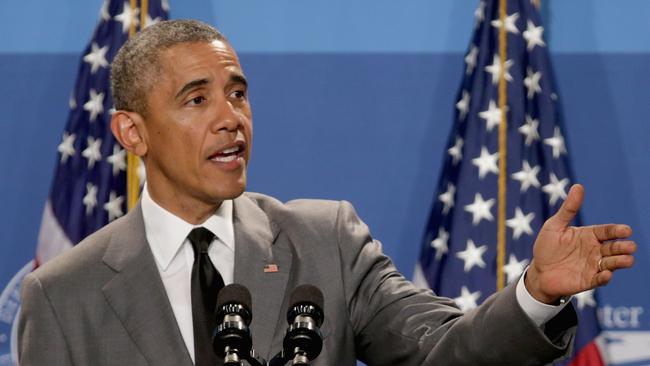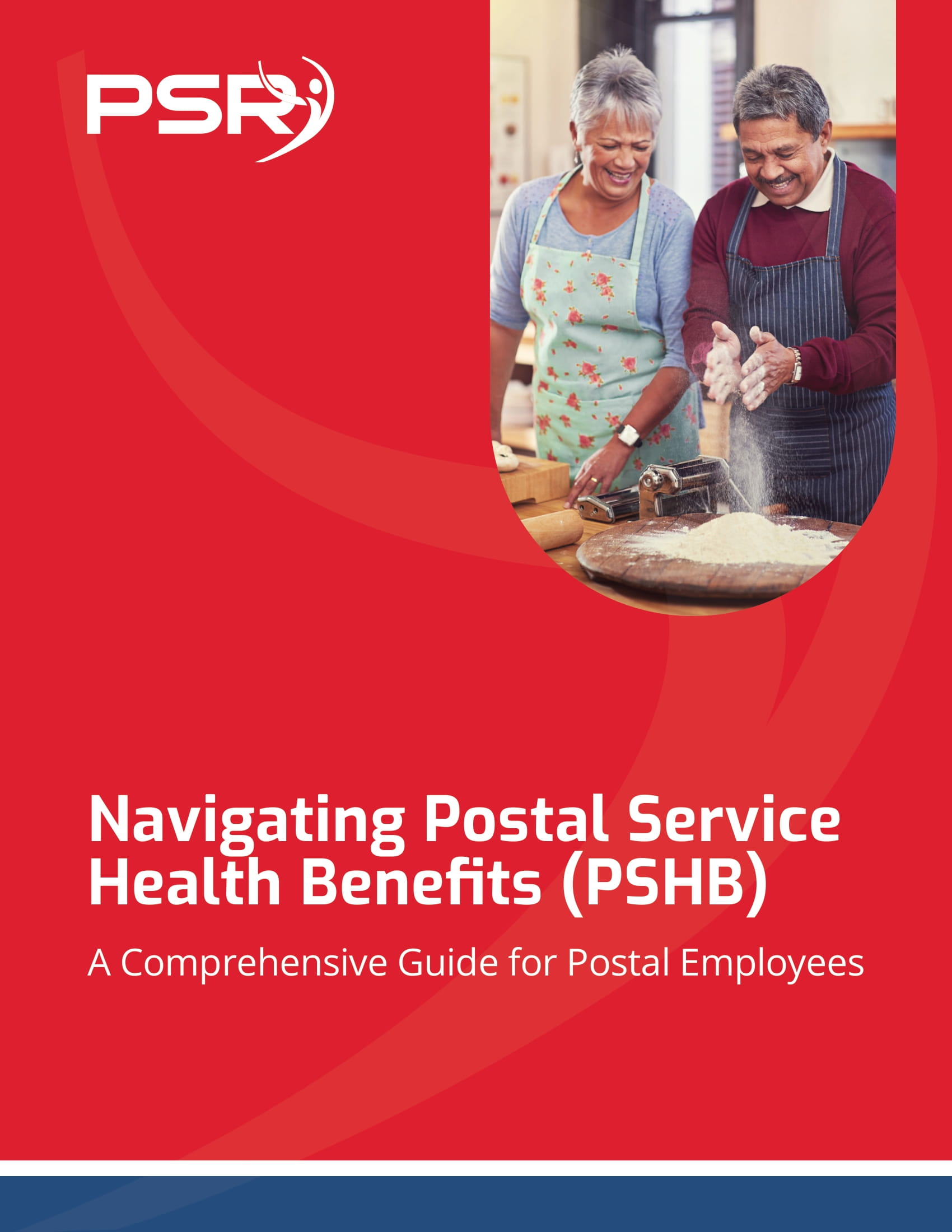Although the US is the largest economy in the world, it still lags behind every other Industrialized Nation in regards to maternity and paternity leave after the birth of a child. As the only industrialized nation not to do so and in company with Lesotho, Swaziland and Papua New Guinea as the only other nations not to support some form of maternity leave; in comes the President’s take on Parental Paid Leave. Will President Obama’s 2015 executive order make a difference?
Compared to Other Nations
The US actually has no federal legislation
- Also Read: Divorce and Your Federal Pension—What Happens When You Split Assets and How It Could Affect Your TSP
- Also Read: What Happens to Your Federal Benefits After Divorce? Here’s the Lowdown
- Also Read: The Best FEHB Plans for 2025: Which One Fits Your Lifestyle and Budget the Best?
Many other countries like Canada, the UK and Australia offer substantial benefits to employees, mandated under legislation. The US’s nearest neighbor offers 119 days of parental leave paid at 55% to be taken by the mother or father. While the UK offers a whopping 280 days at 90% for the first 6 weeks and a flat rate thereafter and Australia offers mothers and fathers up to 126 days at a flat rate. President Obama was hoping that his federal employee legislation would spill over to state and municipal levels of government and eventually into the private sector.
Has his initiative succeeded?
Progress has been slow, yet it looks like there is momentum building and before long critical mass may force more and more levels of government and private sectors to accept the initiative. New York City just last week became the most recent city to adopt the six weeks of paid leave for its municipal workers following on the heels of Austin, Texas, Kansas City, Montana, and Pittsburgh, Pennsylvania.
The US Department of Labor has also started making grants to cities that want to provide the 6 weeks of leave for parents of new born children, but there is still a tremendous way to go. Many governments, like the State of Washington are in a situation where they have approved the 6 weeks leave or want to do so, but are unable to fund the leave. Although paid paternity leave is not the only issue under discussion.
The Future of Paid Leave
The US also does not have a federally mandated system of sick leave, also one of the few industrialized nations not to afford paid time off for illness. President Obama did not create a new leave allowance but he did direct all federal agencies to allow employees 6 weeks of paid sick leave, even if they have not accrued the necessary time under their contracts.
With many municipal and state governments looking at ways to incorporate family and sick leave into their contracts as well as a number of attempts at the federal level, employees can hope to see these in place in their life time. In the private sector, advances in these areas are also being made, with many companies offering more than the 6 weeks. Unfortunately, the process is slow going, and even with progress being made on multiple fronts, do not expect full parental leave for children or sick leave in the very near future.









